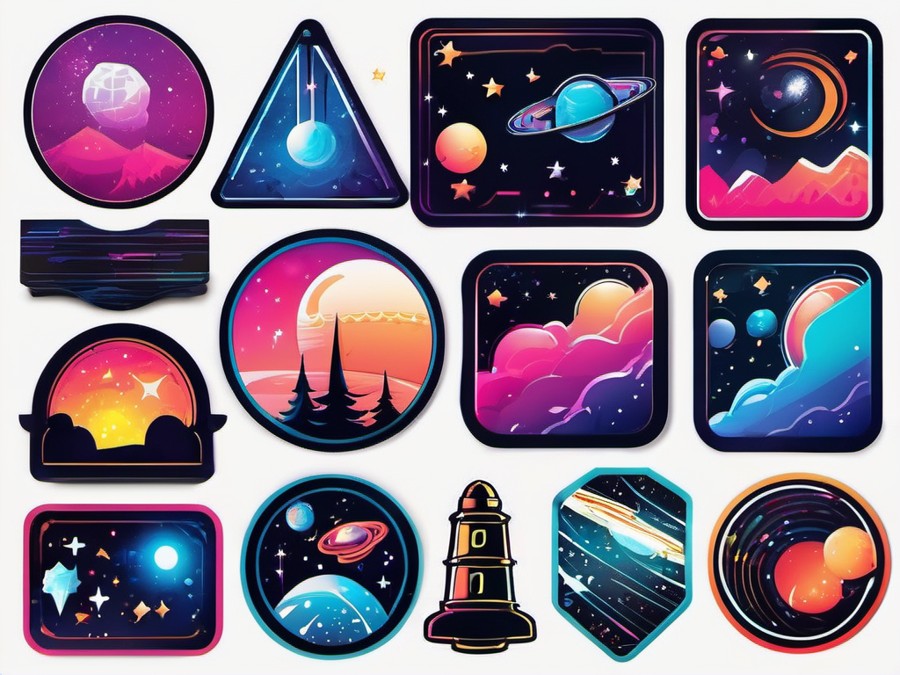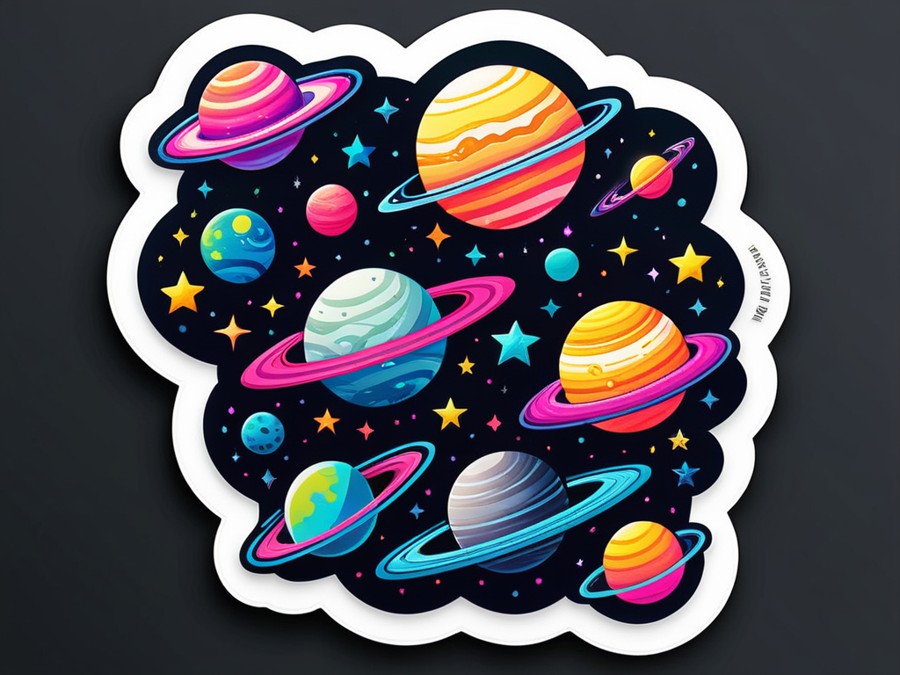· Charlotte Will · Marine GPS Chartplotters · 7 min read
What is the Difference Between Marine GPS and Chartplotters?
Discover the differences between Marine GPS and Chartplotters for seamless navigation on your boating adventures. Learn key features, use cases, and which system is best for you.

Ever been out at sea, wondering if your navigation system is up to the task? Choosing between a marine GPS and a chartplotter can be confusing, especially if you’re new to boating. Let’s break down the differences and help you make an informed decision for your next adventure on the water.
Understanding Marine Navigation Systems
The Evolution of Boating Electronics
Boating electronics have come a long way since the days of paper charts and manual compasses. Today, we have sophisticated systems designed to keep us safe and on course. Marine GPS and chartplotters are two of the most critical tools in a boater’s arsenal, each with its unique features and advantages.
What is Marine GPS?
Defining the Basics of Marine GPS
A marine GPS is a device that uses satellite technology to pinpoint your exact location on the water. It’s essentially a GPS receiver designed specifically for marine use, offering features like waterproofing and the ability to withstand harsh conditions at sea.
Key Features of Marine GPS
- GPS Receiver: The core function of a marine GPS is to receive signals from satellites and determine your location.
- Ease of Use: Marine GPS devices are typically straightforward to use, making them ideal for beginners.
- Advantages in Emergencies: In emergency situations, a marine GPS can quickly provide your coordinates to rescue services.
What are Chartplotters?
Defining Chartplotters in Boating
A chartplotter is a more advanced navigation tool that combines GPS functionality with electronic charts. It not only shows your location but also provides detailed maps of the area, helping you plan your route more effectively.
Key Features of Chartplotters
- Electronic Marine Charts: Unlike traditional paper charts, electronic marine charts on a chartplotter offer interactive and up-to-date information.
- Advanced Navigation Features: Chartplotters often come with features like route planning, waypoint management, and even integration with other boating electronics.
- Integration with Other Boating Electronics: Many chartplotters can connect to other devices such as depth sounders, radar, and NMEA 2000 networks, creating a comprehensive navigation system.
The Core Differences: Marine GPS vs. Chartplotters
Marine GPS: The Essential Navigation Tool
- GPS Receiver: The primary role of a marine GPS is to accurately receive satellite signals and display your location.
- Ease of Use: Marine GPS devices are user-friendly, perfect for those who value simplicity.
- Advantages in Emergencies: In dire situations, a marine GPS can swiftly provide crucial coordinates to rescue services.
Chartplotters: Enhanced Navigation Capabilities
- Electronic Marine Charts: Chartplotters use detailed electronic charts to give you a clear picture of your surroundings.
- Advanced Navigation Features: These systems offer more sophisticated features, allowing for detailed route planning and waypoint management.
- Integration with Other Boating Electronics: Chartplotters can be integrated with other boating electronics, creating a seamless and comprehensive navigation system.
Comparing Marine GPS and Chartplotters
Accuracy and Reliability
Both marine GPS and chartplotters use sophisticated technology to ensure accuracy. However, chartplotters offer more reliable navigation through their use of electronic charts and advanced features.
User Interface and Ease of Use
A marine GPS generally offers a more straightforward interface, making it easier for beginners to use. Chartplotters can have a steeper learning curve but provide more detailed information and functionality.
Cost Considerations
Marine GPS devices tend to be more affordable than chartplotters. However, the additional features and capabilities of a chartplotter may justify the higher cost for more experienced boaters.
When to Choose Marine GPS
Best Use Cases for Marine GPS
- Short Trips: If you’re planning short trips close to shore, a marine GPS might be sufficient.
- Emergency Backup: Even if you have a chartplotter, keeping a marine GPS as a backup can be wise.
- Budget Constraints: If you’re on a tight budget, a marine GPS provides essential navigation at an affordable price.
Ideal Scenarios and Situations
A marine GPS is perfect for boaters who prefer straightforward navigation without the need for advanced mapping features. It’s also ideal in emergency situations where quick deployment is crucial.
When to Choose Chartplotters
Best Use Cases for Chartplotters
- Long-Distance Sailing: For those who embark on long journeys, a chartplotter offers the detailed planning and route management needed.
- Detailed Navigation: If you need a comprehensive view of your surroundings, including underwater features and hazards, a chartplotter is invaluable.
- Integration with Other Systems: Boaters who have other electronic systems, such as depth sounders and radar, can benefit from the integration capabilities of chartplotters.
Ideal Scenarios and Situations
A chartplotter is ideal for boaters who want detailed navigation tools, are planning long-distance trips, or need to integrate with other boating electronics.
Integrating Marine GPS and Chartplotters
The Benefits of Using Both Systems Together
Using both a marine GPS and a chartplotter can provide redundancy and add layers of safety to your navigation strategy. This combination ensures that you have both simple, quick-to-deploy navigation and detailed, advanced planning tools at your disposal.
Enhancing Navigation Capabilities with Dual Systems
By integrating both systems, you can enhance your navigation capabilities significantly. For instance, a marine GPS can provide quick positioning, while the chartplotter offers detailed route planning.
Real-Life Examples: Marine GPS and Chartplotters in Action
Story 1: Emergency Situation at Sea
Imagine you’re out on a fishing trip and suddenly encounter engine trouble. You quickly deploy your marine GPS to pinpoint your exact location and call for help. The rescue team uses these coordinates to locate you swiftly and safely.
Story 2: Long-Distance Sailing with Chartplotters
Now, think about a sailing enthusiast planning a multi-day trip along the coast. They use their chartplotter to plan their route, mark waypoints, and even integrate with a depth sounder to avoid underwater hazards. This level of detail ensures a safe and enjoyable journey.
Choosing the Best Marine Navigation System for You
Factors to Consider Based on Your Needs
When choosing between a marine GPS and a chartplotter, consider your specific needs. Are you looking for simplicity and affordability? Or do you need detailed navigation features and advanced integration capabilities?
Top Marine GPS and Chartplotter Brands
Industry Leaders in Boating Electronics
Brands like Garmin and Magellan are known for their high-quality marine GPS and chartplotter devices. Each brand offers a range of products tailored to different needs, from beginner-friendly GPS systems to advanced chartplotters.
Maintaining and Updating Your Marine Navigation Systems
Regular Maintenance Tips
To ensure the longevity of your marine GPS or chartplotter, regular maintenance is crucial. This includes cleaning the device, checking for any signs of wear or damage, and ensuring waterproofing is intact.
Updating Software and Charts
Keeping your software and charts up to date is also vital. Manufacturers often release updates that include the latest features and map data, ensuring your navigation tools remain accurate and effective.
The Future of Marine Navigation Systems
Emerging Trends and Technologies
The future of marine navigation systems is exciting, with emerging trends like NMEA 2000 networks and integration with IoT devices. These advancements promise even greater reliability, accuracy, and ease of use in boating electronics.
Conclusion
Choosing between a marine GPS and a chartplotter depends on your specific needs and circumstances. If you’re looking for simplicity and affordability, a marine GPS might be the way to go. However, if you need detailed navigation features and advanced integration capabilities, a chartplotter is the better choice. Ultimately, both systems have their merits and can enhance your boating experience in different ways.
FAQs
Can I use a standard GPS for boating?
- While a standard GPS can provide basic navigation, it lacks the waterproofing and marine-specific features offered by a marine GPS.
How often should I update my marine charts?
- It’s recommended to update your marine charts at least once a year to ensure you have the most recent and accurate data.
What is the lifespan of a typical marine GPS or chartplotter?
- The lifespan can vary depending on usage and maintenance, but with proper care, many devices last for several years.
How do I choose between a touchscreen and non-touchscreen chartplotter?
- Touchscreens offer ease of use but can be more challenging to operate in rough conditions. Non-touchscreen models might be better for those who prefer physical buttons.
What features should I look for in a marine GPS or chartplotter?
- Key features to consider include waterproofing, integration capabilities, user interface, and the availability of regular updates.
For more information on marine electronics, check out our articles on NMEA 2000 and its relation to marine GPS chartplotters and the difference between marine and regular speakers.




